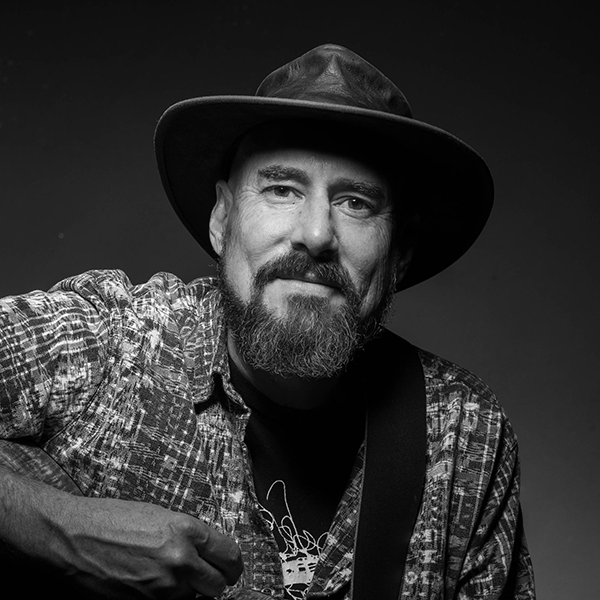The church calendar is full of rich reminders that life is cyclical, always returning to the themes and the stories of the past to give us a vision for the future.
November marks the end of the church’s liturgical calendar, an ending and a new beginning of sorts. Our lectionary readings take on an apocalyptic quality: parables that force us to ask hard questions about our readiness; prophesies of preparation and long-awaited deliverance; and epistolary texts that warn the Lord will come like a thief in the night.
Watchfulness is the discipline of the season, but sometimes I wonder what I am to be watching in my ministry, my life and my relationships. Despite having a few experiences that I believe to be strong contenders to qualify as charismatic, I don’t consider myself a charismatic sort. I’m certainly not on the lookout for God to speak to me in strangely inaudible tones. I tend to see God’s work in my life in fairly mundane and boring ways -- God shows up in the sermon or conversation that pushes me to reconsider myself and my world. God shows up in music and beautiful, yellow-leaved trees.
The God that shows up in these places is rarely the subversive, challenging God we meet in November’s lectionary texts that risks everything for a hurting, wounded, wandering people. The God of this season is the God of the oppressed, seeking justice and humbling the proud.
The call to watch asks for a different kind of imagination than what I normally muster. This call is to watch and see God transform ordinary moments into powerful, subversive acts that radically call what has died back to life.
I rarely see my life this way, or rather, I rarely take time to see life and God’s transformation of life this way. I see an inbox full of things I don’t want to do and a calendar full of people I love, without adequate time to share with them. I’m often frustrated by the news cycle’s endless blather of disease, destruction and decline. I have to work to glimpse the divine, squint carefully with my head cocked to the side and leave my heart vulnerable to yet another disappointment.
Jesus makes it clear in his apocalyptic sermon in Matthew 25:31-46 that we are surrounded, every day, with the possibility to participate in the in-breaking of the Kingdom.
He makes clear that the vulnerable are Christ himself. These acts of feeding the hungry, clothing the naked, and visiting the imprisoned aren’t easy or comfortable. They aren’t dramatic, and they don’t win us attention from the people in power. And yet they are the places where Jesus promises to show up. My dinner table, my car, my office cubicle can become places where the veil is pulled back and we all can see that God is working to make all things, all of us, new.
We must make our mundane spaces in the workplace, the home and the play place into spaces that care for the vulnerable, for Christ himself.
We advocate with compassion to recognize our office’s custodial staff with living wages. We use our car to drive a young mother to work, saving her hours of bus-riding. We mentor a young worker struggling to begin a career. We make our dinner table into a place where many are invited. We give generous alms at the stoplight. We write letters to and visit the imprisoned.
We say no to the ordinary chaos of busy-ness, omnipresent technology and the frenetic urgency to succeed that blinds us to the in-breaking Kingdom of God. Instead we use each day to see the vulnerable and see each person as Christ himself.
When December comes and we sing “O Come, O Come, Emmanuel,” we sing with transformed vision, seeing Jesus, our Emmanuel, in every person and God at work among us.







